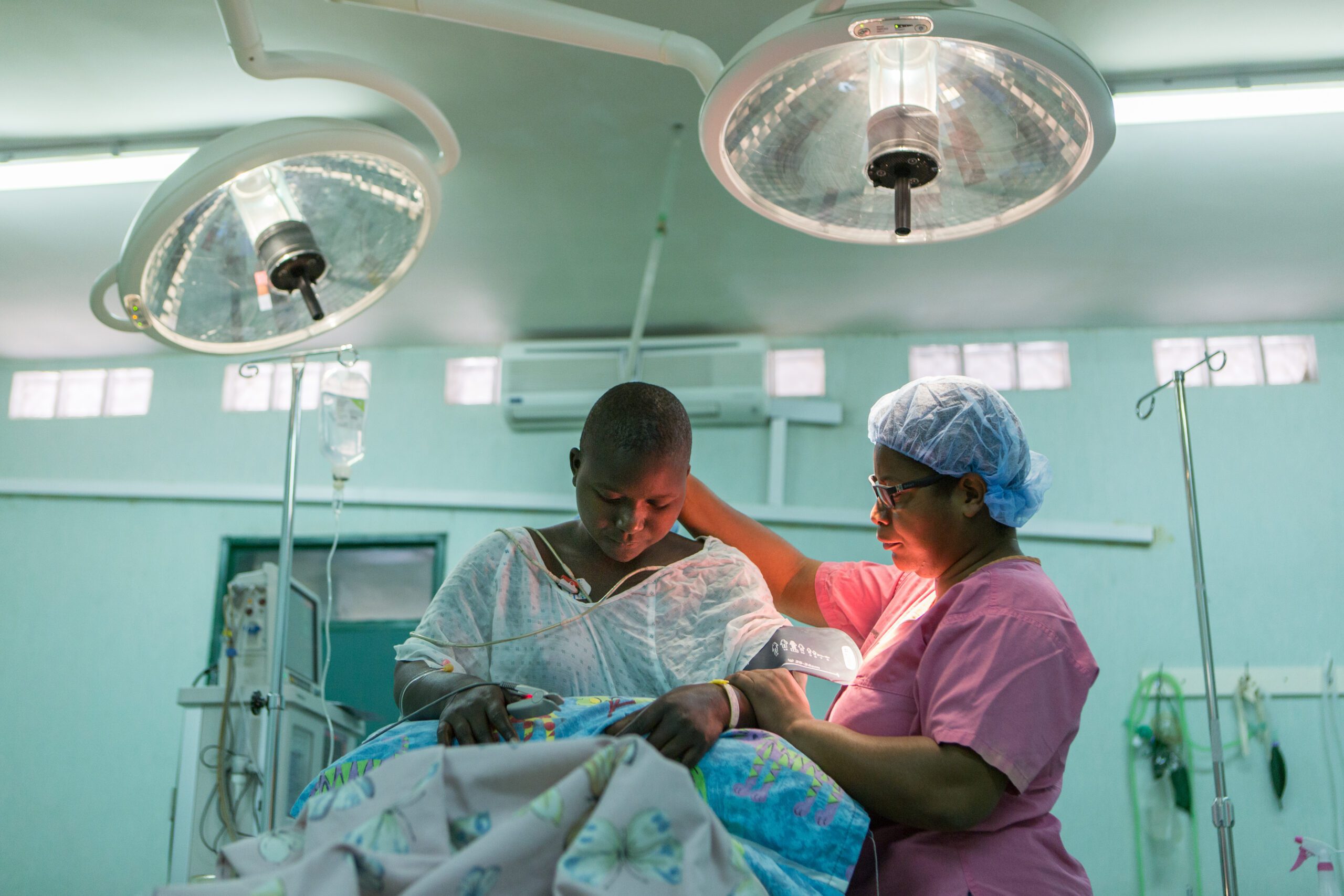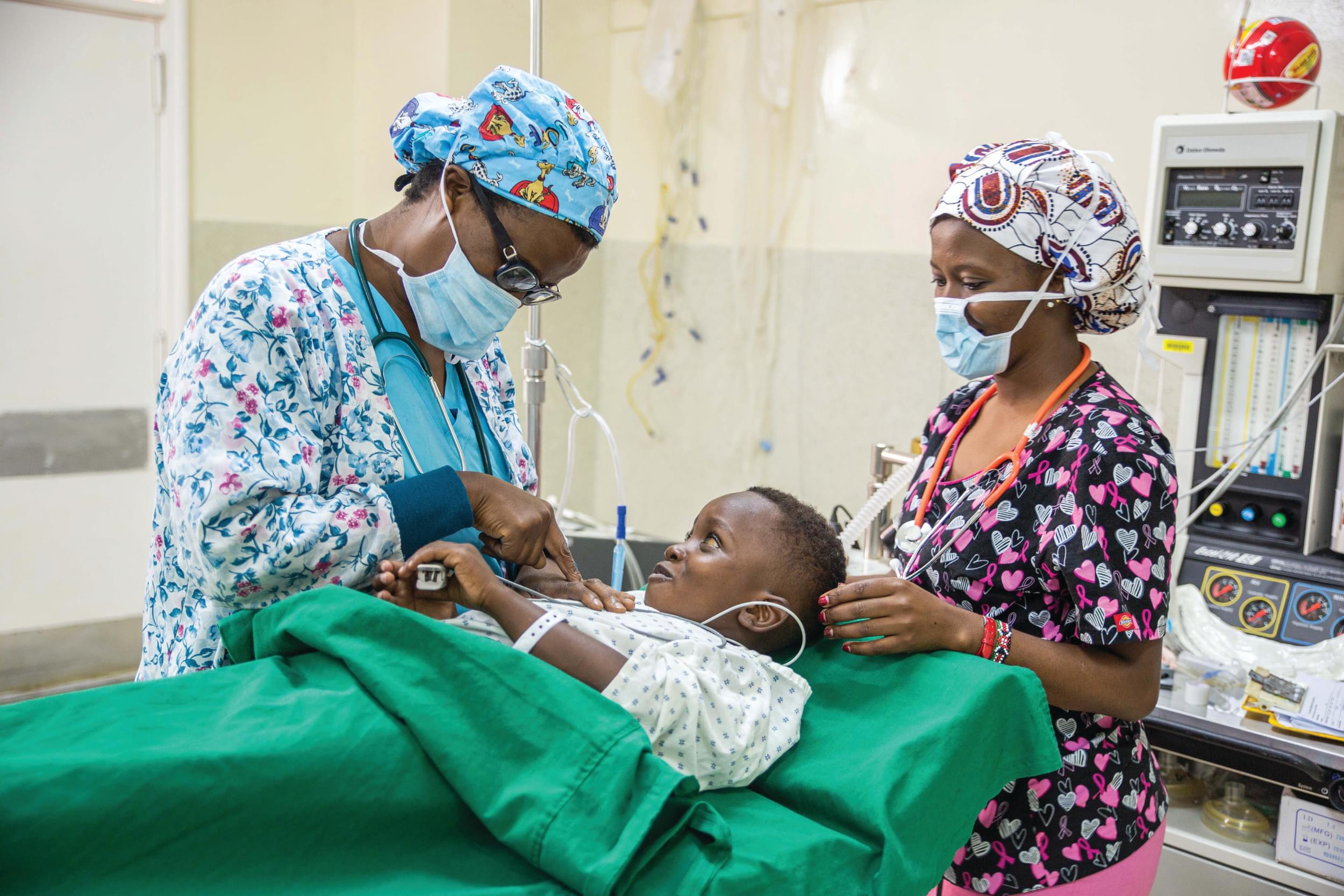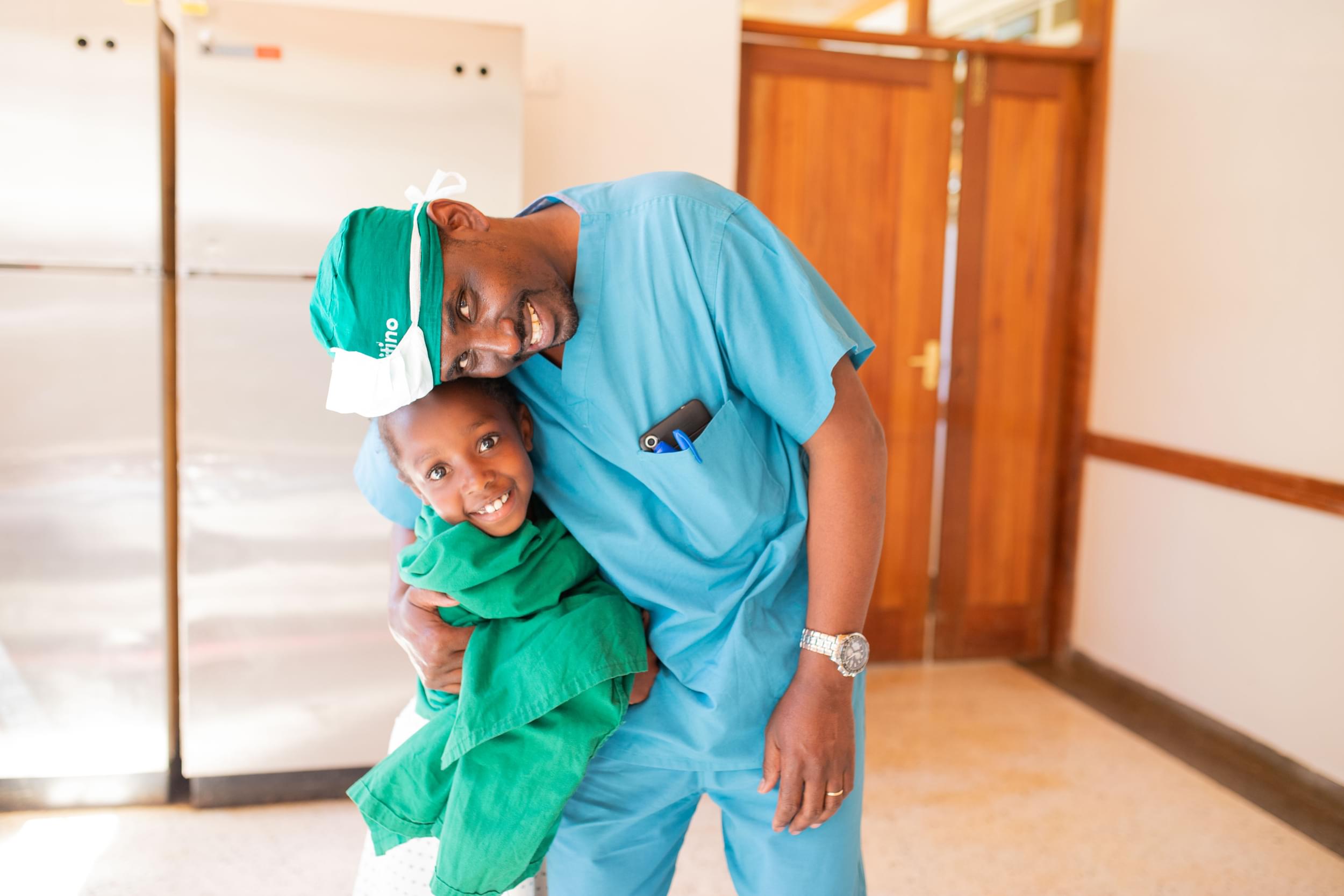Prioritisation of surgery in the national health strategic plans of Africa: a systematic review
Abstract:
Introduction: Disease amenable to surgical intervention accounts for 11–15 % of world disability and there is increasing interest in surgery as a global public health issue. National Health Strategic Plans (NHSPs) reflect countries’ long-term health priorities, plans and targets. These plans were analysed to assess the prioritisation of surgery as a public health issue in Africa.
Methods: NHSPs of 43 independent Sub-Saharan African countries available in the public domain in March 2014 in French or English were searched electronically for key terms: surg*, ortho*, trauma, cancer, appendic*, laparotomy, HIV, tuberculosis, malaria. They were then searched manually for disease prevalence, targets, and human resources.
Results: 19 % of NHSPs had no mention of surgery or surgical conditions. 63 % had five or less mentions of surgery. HIV and malaria had 3772 mentions across all the policies, compared to surgery with only 376 mentions. Trauma had 239 mentions, while the common surgical conditions of appendicitis, laparotomy and hernia had no mentions at all. Over 95 % of NHSPs specifically mentioned the prevalence of HIV, tuberculosis, malaria, infant mortality and maternal mortality. Whereas, the most commonly mentioned surgical condition for which a prevalence was given was trauma, in only 47 % of policies. All NHSPs had plans and measurable targets for the reduction of HIV and tuberculosis. Of the total 4064 health targets, only 2 % were related to surgical conditions or surgical care. 33 % of policies had no surgical targets.
Discussion: NHSPs are the best available measure of health service and planning priorities. It is clear from our findings that surgery is poorly represented and that surgical conditions and surgical treatment are not widely recognised as a public health priority. Greater prioritisation of surgery in national health strategic policies is required to build resilient surgical systems.




















